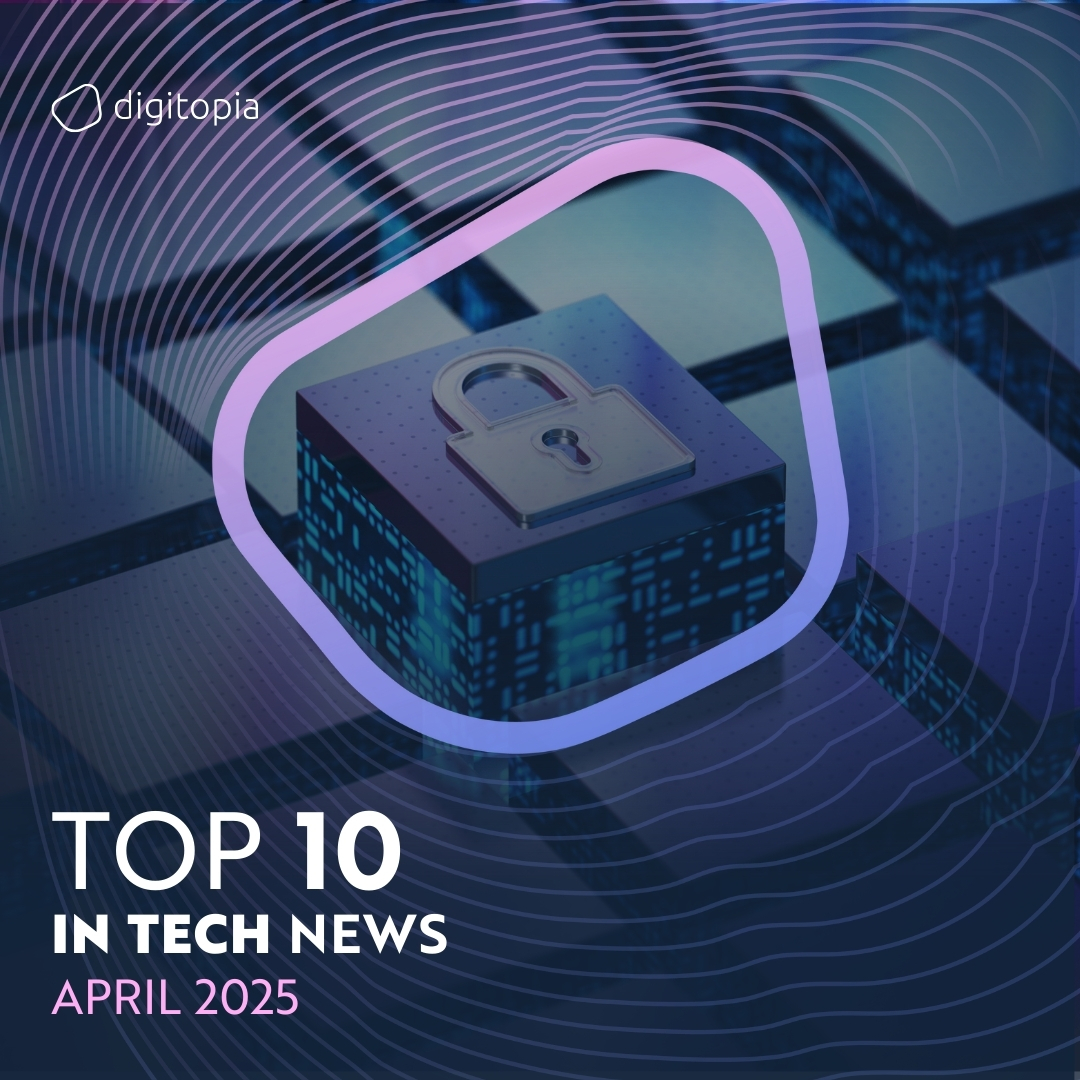
1- Widespread power outage hits Spain and neighboring countries France and Portugal
A widespread power outage struck Spain and parts of Portugal and France around 12:30 PM CET on Monday, disrupting homes, businesses, and transportation systems across major cities like Madrid, Lisbon, and Barcelona. Events such as the Madrid Open tennis tournament were suspended, metro systems were evacuated, and airports operated on backup generators. The outage was reportedly triggered by a rare atmospheric phenomenon called “induced atmospheric vibration,” causing extreme oscillations in very high voltage lines due to sharp temperature changes. Energy suppliers REN and Red Eléctrica indicated that while some power restoration efforts have begun, full stabilization of the European power grid could take up to a week. Spanish authorities advised citizens to minimize driving as traffic systems were down, though France has reportedly restored power to affected regions like the Basque area.
Source: TheVerge
2- ChatGPT-maker wants to buy Google Chrome
OpenAI has expressed interest in buying Google Chrome if Google is forced to sell it amid an ongoing US government monopoly trial. OpenAI executive Nick Turley testified that Chrome’s dominance, with about 64% market share, is a key focus in efforts to curb Google’s power. Google, however, insists Chrome is not for sale and plans to appeal recent court rulings finding it guilty of monopolistic practices in search and online advertising. OpenAI previously proposed a deal to integrate Google search into ChatGPT, but the offer was rejected; instead, OpenAI maintains a partnership with Microsoft. The trial, closely watched by other tech giants like Meta and Apple, comes as generative AI reshapes the digital landscape and OpenAI explores creating a social media platform to rival X.
Source: BBC
3- Amazon launches first Kuiper internet satellites in bid to take on Elon Musk’s Starlink
Amazon successfully launched the first 27 satellites of its Project Kuiper internet network after a weather delay, aiming to compete with Elon Musk’s Starlink. The satellites were deployed via a United Launch Alliance rocket from Cape Canaveral, with plans to confirm their independent operation soon. Project Kuiper, announced six years ago, aims to build a constellation of thousands of low Earth orbit satellites, with a regulatory deadline to deploy at least 1,618 satellites by July 2026. Amazon has committed up to $10 billion for the initiative and secured over 80 launches, partnering with companies like ULA, Arianespace, SpaceX, and Blue Origin. Commercial service is expected to start later this year, with Amazon projecting Kuiper will become a significant driver of operating income and return on invested capital over time.
Source: CNBC
4- Google is an online advertising monopoly, judge rules
A federal judge in Virginia ruled that Google has illegally built monopoly power in its web advertising business, siding with the US Department of Justice in a major antitrust case. This marks the government’s second major legal win against Google in less than a year, alongside previous rulings on search and app store monopolies. The court found that Google abused its dominance by tying its ad server and ad exchange tools, harming competition and publishers, though not all government claims were upheld. Google plans to appeal the decision, arguing that its tools benefit small businesses and publishers. While a forced divestiture of Google’s ad business is less likely due to the partial ruling, regulatory pressure on Big Tech is expected to intensify globally following this case.
Source: CNN
5- Spain and Portugal declare states of emergency after massive power outage
Spain and Portugal declared states of emergency after a massive, unexplained power outage disrupted transportation, shut down airports, and halted metro systems across the Iberian Peninsula. The outage left cities like Madrid, Lisbon, and Barcelona in chaos, forcing manual traffic control, closing businesses, and suspending flights and trains. While 87% of Spain’s power had been restored by early Tuesday, Portugal faced greater challenges due to its energy dependence on Spain and lack of alternative supply sources. Leaders ruled out cyberattacks, but Portugal’s prime minister suggested the issue originated in Spain. Although critical infrastructure like hospitals and nuclear sites remained operational, the blackout’s disruption to daily life is expected to linger for days.
Source: CNN
6- M&S stops online orders and issues refunds after cyber attack
Marks & Spencer (M&S) has paused all online orders and is issuing refunds after experiencing a cyber attack that disrupted food, clothing, and gift card transactions. The retailer confirmed the “cyber incident” earlier this week and has since been working with cybersecurity experts to restore operations. While physical stores remain open, issues with contactless payments and gift cards persist, leading to customer frustration over inconsistent communication. Experts warn the attack could materially impact M&S’s revenues, given that around a quarter of its sales come from online channels. The breach has been reported to the National Cyber Security Centre and the Information Commissioner’s Office, and the disruption adds to a growing list of recent major cyber incidents affecting UK businesses.
Source: BBC
7- UPS in Talks With Startup Figure AI to Deploy Humanoid Robots
UPS is in talks with robotics startup Figure AI to potentially deploy humanoid robots for tasks like picking and sorting parcels within its logistics network. Discussions between the two companies began last year and have continued into recent months, although the exact roles for the robots are not yet confirmed. This move reflects UPS’s broader push toward automation, already involving robotic arms, AI-driven software, and partnerships with companies like Dexterity Inc. Figure AI has gained attention for its humanoid robot technology and recently sought major funding, though questions have arisen about the scope of its partnerships. UPS, while declining to comment on specific vendors, emphasized its ongoing exploration of advanced technologies to enhance operations.
Source: Bloomberg
8- Racing To Success: Siemens’ Digital Solutions In Unexpected Industries
Siemens’ digital solutions, particularly through its Xcelerator portfolio and tools like Teamcenter, NX, and Solid Edge, are helping industries as diverse as NASCAR and donut manufacturing operate with greater speed, precision, and efficiency. Joe Gibbs Racing uses Siemens software to design and optimize race car components on-site under extreme time constraints, while Krispy Kreme leverages Siemens automation to ensure consistency and safety across its global donut production lines. Both companies exemplify the benefits of IT and operational technology (OT) convergence—merging data analytics, automation, and real-time simulation. As industries digitize, Siemens is well-positioned among competitors like ABB and Honeywell, offering an integrated, end-to-end approach that improves productivity and adaptability. This transformation is reshaping sectors by enabling faster innovation, reduced downtime, and smarter decision-making.
Source: Forbes
9- Microsoft says everyone will be a boss in the future – of AI employees
Microsoft predicts the rise of “frontier firms” where every employee will act as a boss managing AI agents, reshaping the workforce over the next five years. In its Work Trend Index report, Microsoft outlines a three-phase shift: starting with AI assistants, evolving into digital colleagues, and eventually leading to fully autonomous AI agents executing complex workflows under human supervision. These frontier firms will operate faster, more agilely, and with greater scalability through “on-demand intelligence.” Microsoft is already deploying such tools through products like Copilot Studio, used by companies like McKinsey for client scheduling. While the company promotes this evolution as a boost to productivity and a reduction in repetitive work, experts warn of job displacement risks, especially in knowledge work, with estimates of millions of roles potentially affected. Critics also caution that excessive reliance on AI may erode human expertise and creativity within organizations.
Source: The Guardian
10- This tool estimates how much electricity your chatbot messages consume
Julien Delavande, an engineer at Hugging Face, created a tool to estimate the electricity consumed by chatbot messages, aiming to raise awareness about the environmental impact of AI usage. Since AI models run on power-intensive hardware, their growing use is expected to significantly increase global energy demand. Delavande’s tool, designed for use with Chat UI and models like Meta’s Llama 3.3 70B and Google’s Gemma 3, estimates energy consumption in real time, translating usage into Watt-hours or Joules and comparing it to everyday appliance usage. While the tool provides only rough estimates, it highlights that even small reductions in energy use across millions of AI interactions can have a meaningful environmental impact. The creators advocate for greater transparency, likening future energy disclosures to nutrition labels.
Source: Tech Crunch

